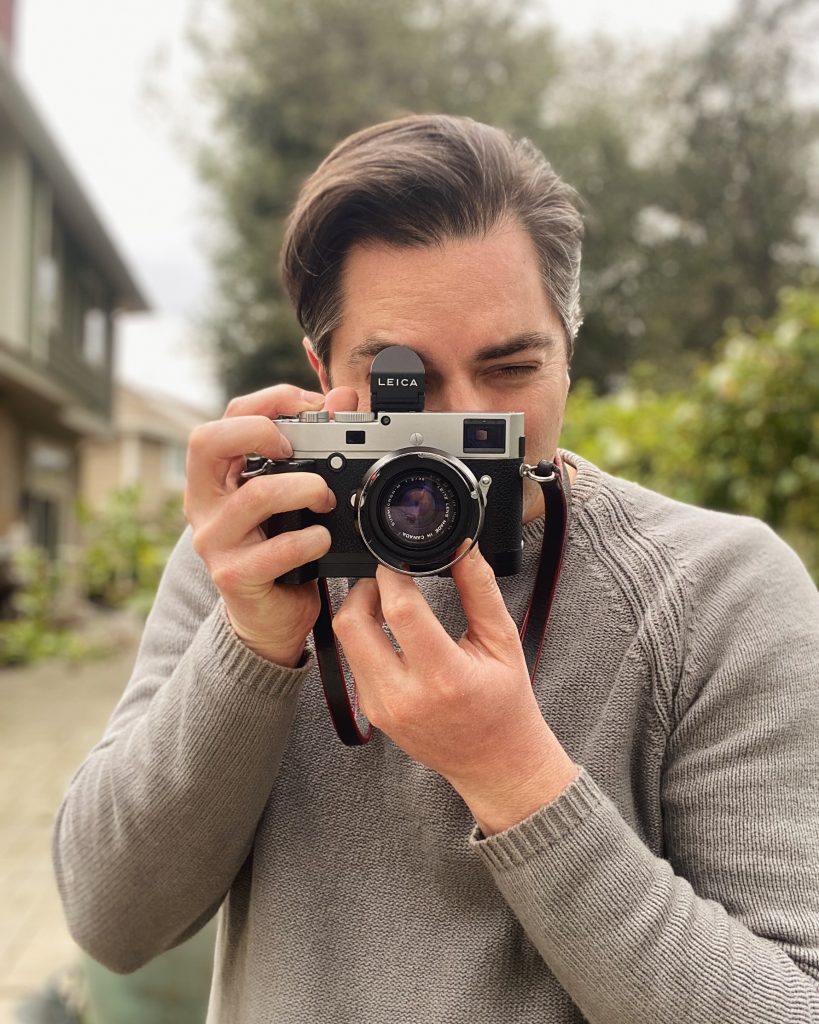“…it will change your relationship to it.”
I’ve seen a prominent content creator on TikTok proclaim, in a rather matter-of-fact manner, that once you start doing the thing you love as a job, all the joy gets immediately sucked out of it. That you may love a certain art, craft, hobby, or passion, but once you start depending on it for a living it more or less ruins that love you had for it. I don’t entirely agree with him, but I can’t say I disagree either.
I am reminded of a conversation I had with a friend of mine who moved back to Ohio in the last year. His passion is music, voice, and theatre. He went from living in Los Angeles where he was mainly a personal trainer and online voice coach, back to his home state where he soon got a job as an adjunct voice professor. He also started performing again, landing lead roles in major local theatre productions. I told him how excited I was that all these opportunities started happening for him even though he wasn’t exactly thrilled about this big move home.
“Yeah, but I’m still broke,” he said, “the arts…”
He trailed off, not finishing the thought, but I knew what he meant. I’ve met the frustration many times myself. Both he and I were really lucky to have found artistic talents as children, and to have parents who supported and encouraged our pursuit of them. I should add that an artistic talent is one thing. Actually having drive and discipline to hone a craft is something else, something I believe he and I both had as young people. Despite the cliche story of the unsupportive parent—as in, the plot of the film “Sister Act 2: Back In the Habit”—I find most parents want to support their kids’ artistic ambitions. Most parents like their kids performing, drawing, painting, or filmmaking. What I find most parents are not aware of is the reality of a career in the arts over a lifetime. How does your child subsist or even thrive in a world where creative careers are still seen as hobbies? Where fame and celebrity is worshipped, but for everyone else it’s seen as unstable and unserious? Where creative expertise is regularly undervalued and artists are asked to work for exposure?

One of the most frustrating endeavors of my life has been figuring out how to make a living without it feeling like a daily slog of monotonous undertakings. I’m not comforted by corporate structures. I know, because I’ve had office jobs. I consider myself extremely lucky that my photography career has started to finally work in the last few years since pandemic lockdowns were lifted. But it took me this long, and many failed day jobs, and at least one failed relationship along the way.
One of the best pieces of advice I ever got was from a boss I had while working in a menswear store around 2016. He was a good boss, and I felt bad because I knew he liked having me there. Meanwhile, I wished I was anywhere else but folding and refolding expensive shirts. I’d told him how I was working on a photography business because I felt like I was pretty good at it and could make something out of that. “Listen,” he said as I rearranged ties on display, “any passion you do for work, it will change your relationship to it.”
He was right. But I’ve never found that advice to be deflating. If anything, it has reminded me to set proper expectations and boundaries. I am dedicated to my career, but I’m not a photographer twenty four-seven. Whereas when I was studying theatre, music, and dance, almost every moment of my day was in anticipation of the next class, the next rehearsal, the next audition—which was all in anticipation of some grand career of the in the distance somewhere. And any type of criticism from anyone about my voice, my technique, my body, I immediately internalized and took personally. These days, I’m able to know what is appropriate to listen to and when. I provide a service. Yes, I have to be a bit vulnerable in the process, but I don’t fall apart at the slightest hint that things aren’t working quite right. I can course correct fairly easily.
I don’t think all the joy gets drained out of your passion once it becomes your career. It simply changes your relationship to it. Making a living from the arts in a capitalistic society means you also have to embrace some level of commercial appeal to what you do. Very few people can make a living from being iconoclastic rebels, reinventing the wheel at each and every turn. I’ve known of a few of these people in my lifetime. (People seem to always want to throw money at them.) And that has never been me.
Life goes by blurringly fast. Pursue a passion while you can. It may not be your career, and in most cases it probably shouldn’t be. To me, it’s worse to have watched time go by without ever reaching for something that fills you with life, and maybe even a taste of bliss.